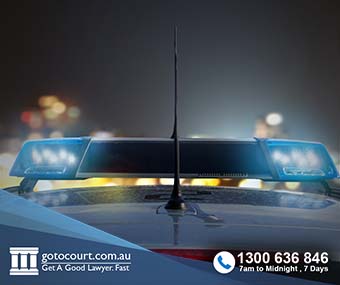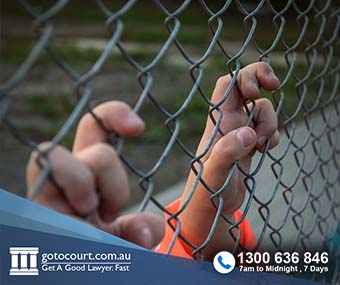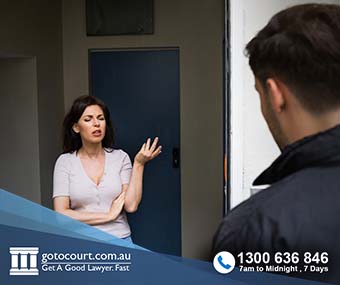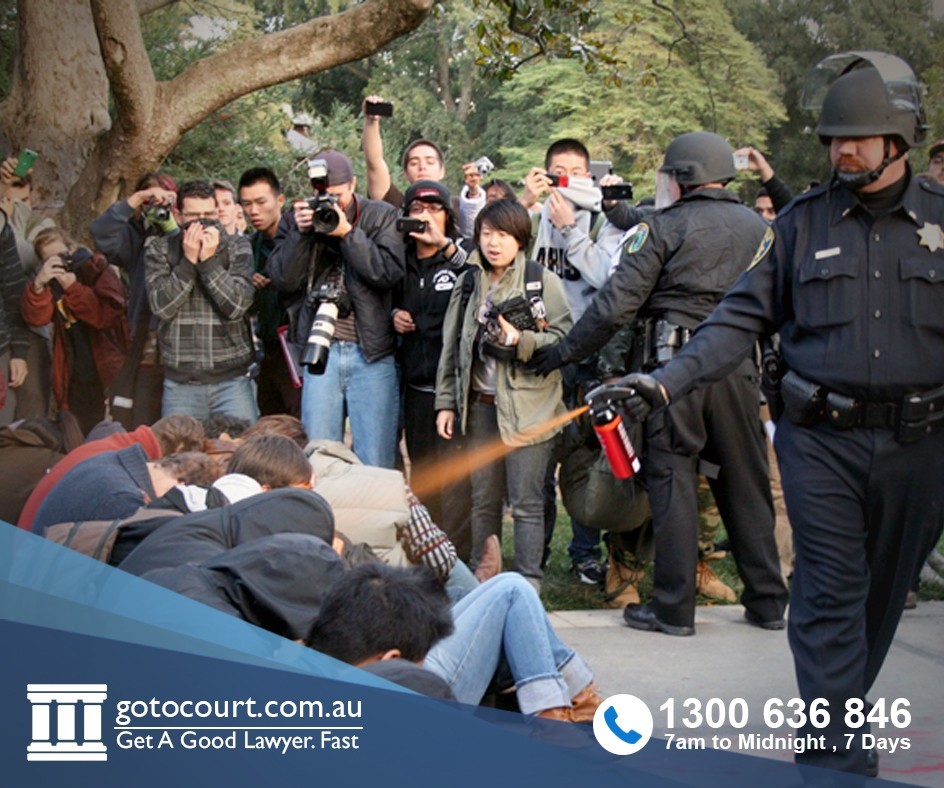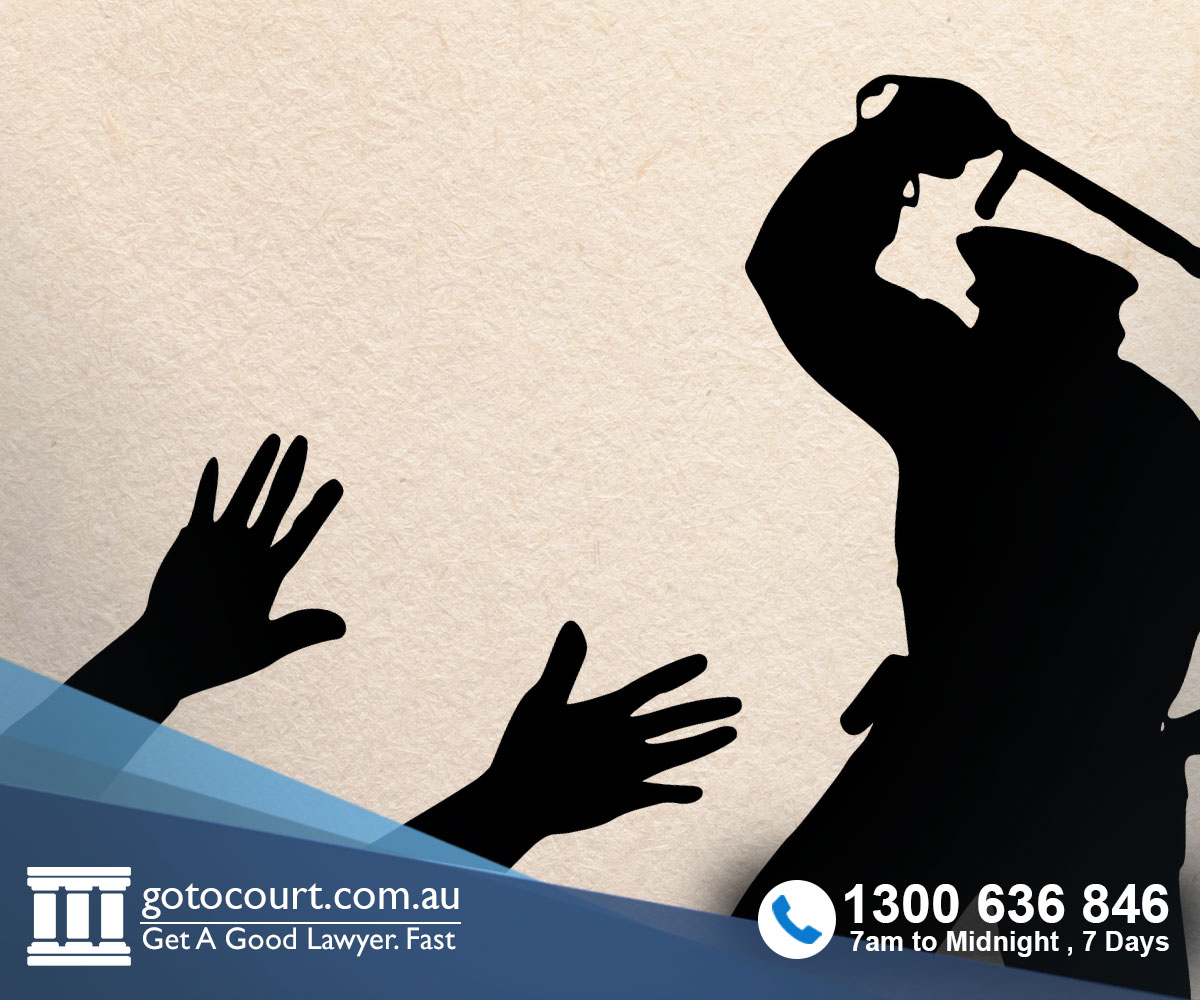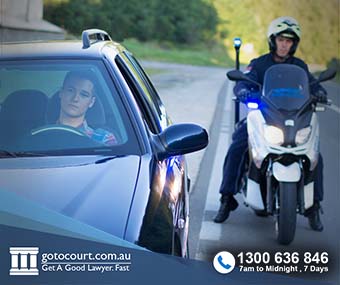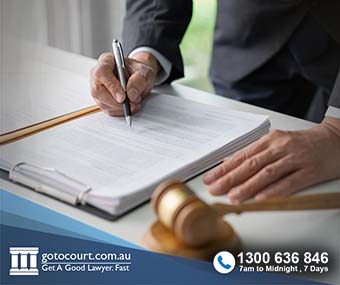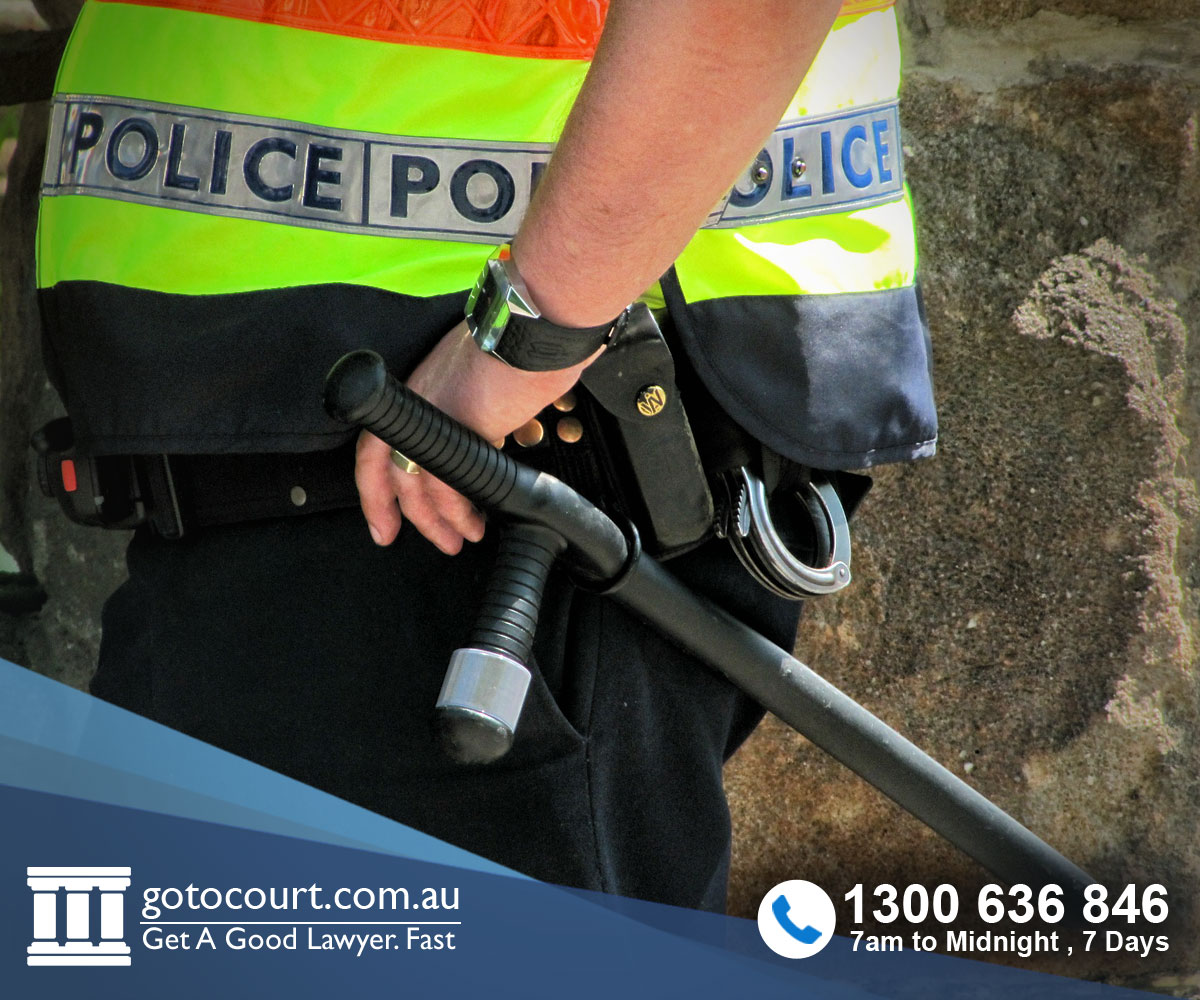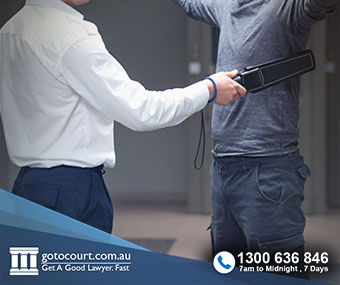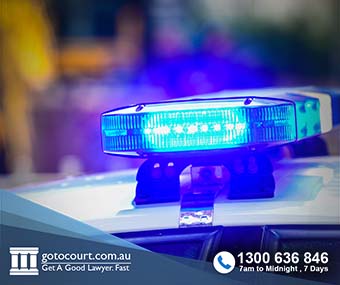Police Right to Enter Private Property (Vic)
Police Right to Enter Private Property (Vic)
There are strict limits on the circumstances in which police may gain entry to private property and the manner in which they must do so. This article outlines the circumstances in which police may enter premises both with and without the consent of the occupier.
To search and seize (with consent)
Section 264 of the Victoria Police Act 2013 states that when police have reasonable grounds to believe that a person has committed a relevant offence, they may search the premises and seize anything that they reasonably believe is connected to the alleged offending. However, police must obtain the occupier’s consent to enter the property under this provision.
The right to seize property also applies to documents , which can then be examined, copied or required to be produced for examination.
It is important to note that police can only enter and search the property, if they have complied with the following under Section 265 of the act:
- Produced their Victoria Police identification for inspection;
- Informed the occupier of the property of the purpose of the search; explained to the occupier that they can refuse to give consent to the entry and search and that they can refuse to give consent to the seizure of anything found (including documents and samples), and that any such property seized can be used as evidence in court proceedings.
If consent to enter is provided by a resident, the police officer must, prior to entering the property, produce a document of acknowledgement. The occupier is required to sign this document, which confirms that consent was provided.
To search and seize (with a warrant)
Under Section 267 of the Victoria Police Act 2013 a police officer may make an application to a Magistrate for the issue of a search warrant, if he or she believes on reasonable grounds that there is evidence on the premises that a person has committed an indictable offence or will do so within the next 72 hours.
To arrest a person (with a warrant)
Under Section 64(1)(a) of the Magistrates’ Act 1989 the police may enter a property to arrest a person where they have a warrant to do so. This section authorises police to break and enter in order to arrest the person if necessary. They may then search the property listed where the named person is suspected of being.
Limits on police powers where a warrant has been issued
It is important to note that whilst there are various circumstances where police may enter private property without a warrant, there are also limits on what police can do even with a warrant.
Where a warrant has been issued, police can exercise their power of entry to search for a person they suspect has committed a serious indictable offence. However, this does not give the police the power to seize any property. It is therefore important for the occupier to be informed of the purpose of the entry on to the premises.
Police must comply with the conditions of the warrant whilst executing it. These conditions will include:
- The purpose for the search;
- The nature of the alleged offence;
- When the warrant is to be executed e.g. the time of day or night OR any specific hours of the day or night; and
- The date (not later than 28 days after its issue) that the warrant ceases to have effect.
To prevent family violence
Under the Family Violence Protection Act 2008, police entry of premises is allowed without a warrant where it is suspected that family violence has occurred or is occurring or if they believe that someone inside has breached an intervention order or a family violence safety notice.
To stop a breach of the peace
Police may enter premises to prevent a breach of the peace, for example, to stop a fight or an unreasonable level of noise.
Summary
Strict regulation of police behaviour is important to ensure the privacy and civil rights of individuals are not violated and to maintain public confidence in the police and the justice system as a whole.
If the police ask to search your property, ensure you are clear about the purpose of the search and whether your consent is required. If you require legal advice on the legality of a search that has already been conducted, contact Go To Court Lawyers.

Affordable Lawyers
Our Go To Court Lawyers will assist you in all areas of law. We specialise in providing legal advice urgently – at the time when you need it most. If you need a lawyer right now, today, we can help you – no matter where you are in Australia.How It Works




1. You speak directly to a lawyer
When you call the Go To Court Legal Hotline, you will be connected directly to a lawyer, every time.

2. Get your legal situation assessed
We determine the best way forward in your legal matter, free of charge. If you want to go ahead and book a face-to-face appointment, we will connect you with a specialist in your local area.

3. We arrange everything as needed
If you want to go ahead and book a fact-to-face appointment, we will connect you with a specialist in your local area no matter where you are and even at very short notice.








